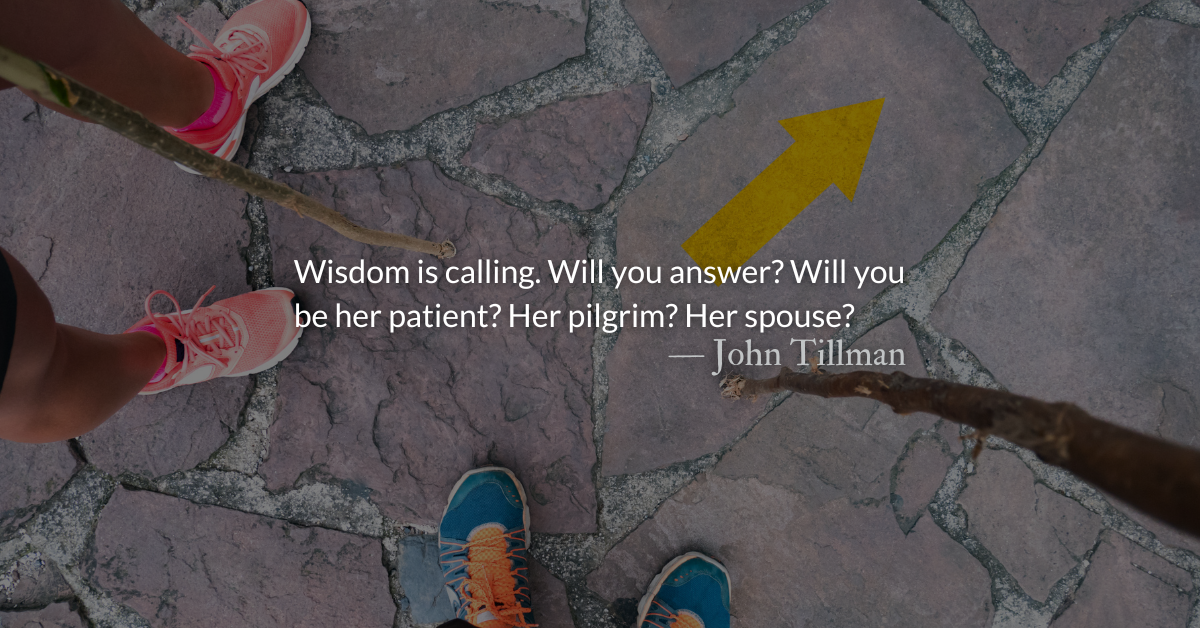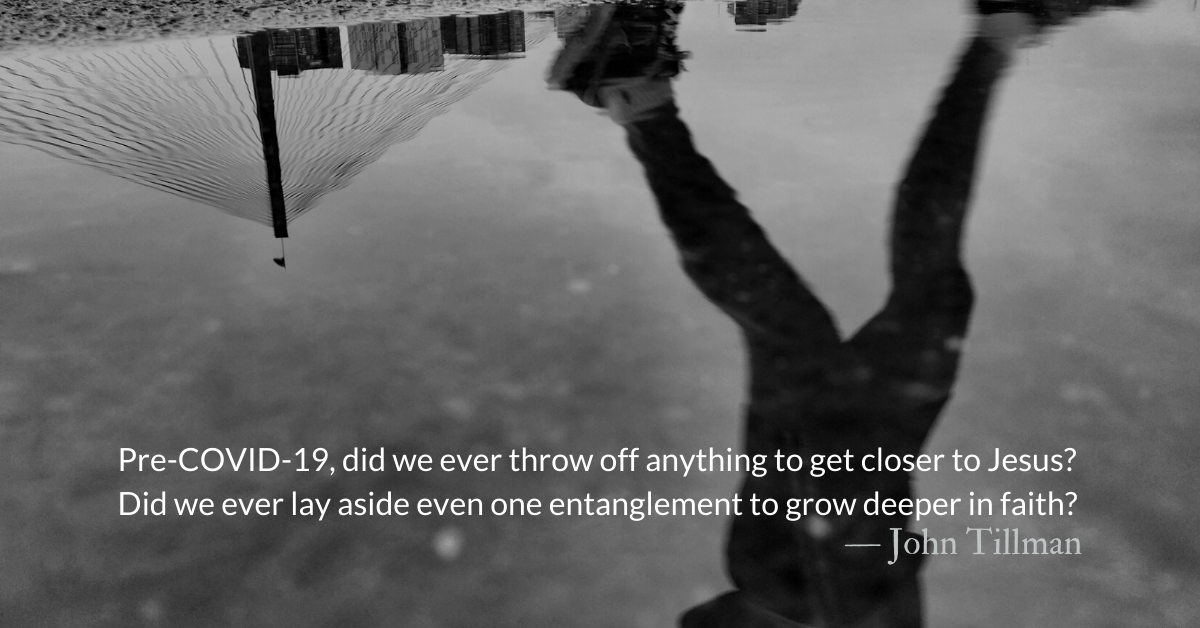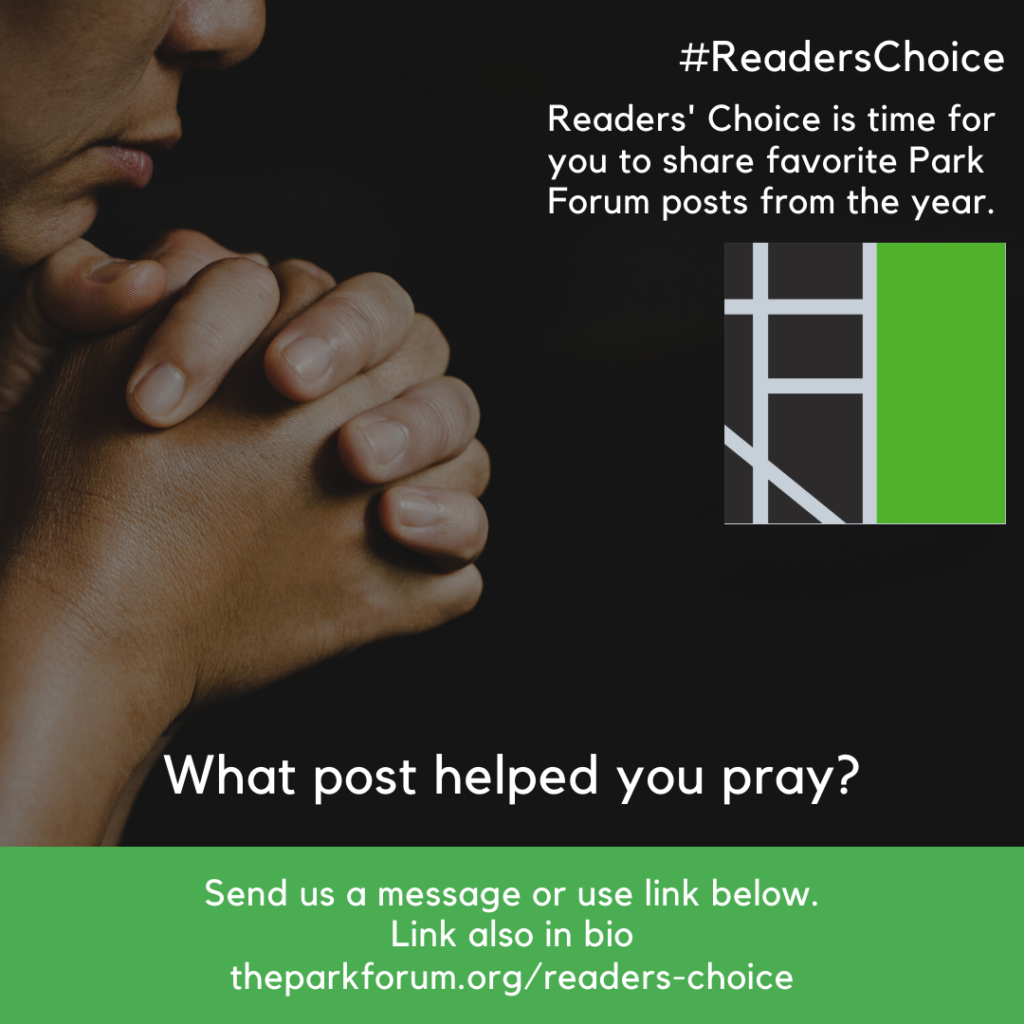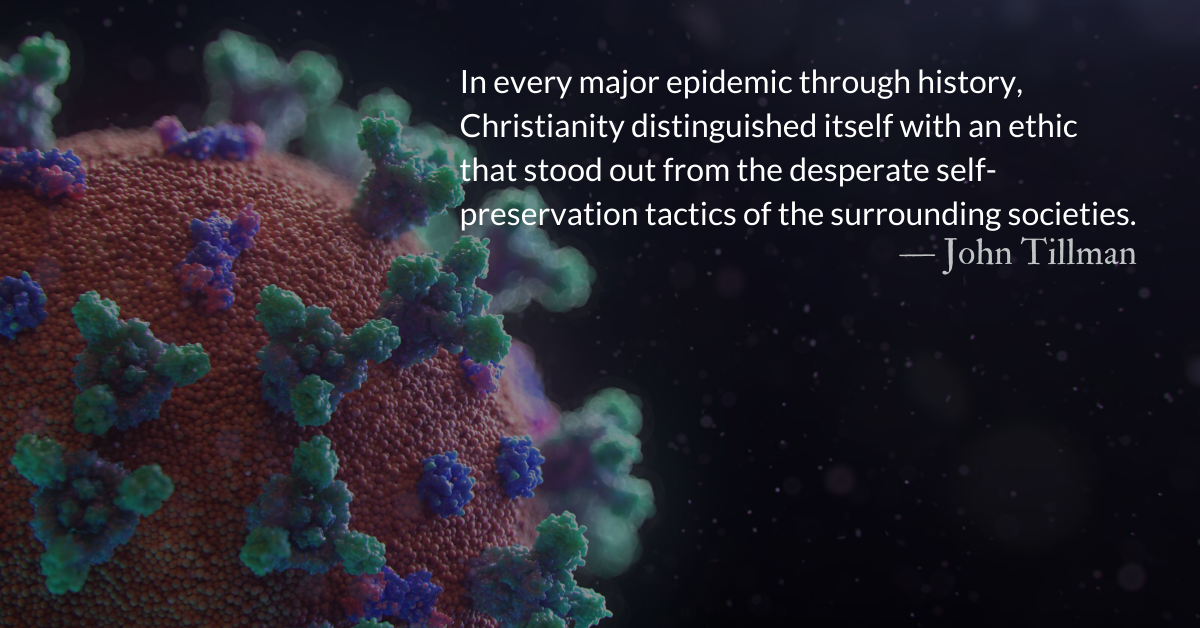Scripture Focus: Proverbs 4.5-7
5 Get wisdom, get understanding;
do not forget my words or turn away from them.
6 Do not forsake wisdom, and she will protect you;
love her, and she will watch over you.
7 The beginning of wisdom is this: Get wisdom.
Though it cost all you have, get understanding.
Reflection: Wisdom—A Spouse, A Path, A Healer
By John Tillman
The father, instructing his child, compares wisdom to many things.
Wisdom is like a spouse. (Proverbs 4.6-9) The one who embraces wisdom and is faithful, loving, and devoted will be protected, watched over, exalted, and honored. The greater attention, deference, submission, love, and priority we give to wisdom, the greater protection and blessing she grants to us.
Abandoning wisdom means turning to the arms of other partners who make lofty promises of love but have no desire or ability to follow through. In their arms we will find abuse instead of protection, neglect instead of attention, subjugation instead of exaltation, and shame instead of honor.
Wisdom is like a path. (Proverbs 4.11-19) The path of wisdom is bright and grows brighter as it is traveled. What we learn of God’s wisdom today, leads us to learn greater wisdom tomorrow. Ever brighter, the path leads on and on. It is a straight path, not turning to the right or the left. It is a smooth path, safe to walk and safe to run, with no obstacles or dangers.
The only hazards on the path of wisdom are the many opportunities to wander onto paths leading away from wisdom’s light. These paths stay within wisdom’s sight briefly. Long enough to seem like shortcuts or detours. But soon, downward into darkness they turn, lined with false steps, dark corners, and opportunities for ambush and injury. These paths have twists and switchbacks, always promising better things around the corner, but only delivering more of the same.
Wisdom is like a healer. (Proverbs 4.20-27) Wisdom gives our bodies nourishment for what needs to grow and medicine for what is sick. Through our ears and eyes wisdom brings health to our hearts, our inner being. This inner mental and spiritual health flows to the rest of our life. Our words and our actions are healed and purified. Our sight is sharpened.
Forsaking wisdom is slowly poisoning ourselves. It brings diseased actions, feelings, and thoughts. We sicken from the inside out, unable to scratch what itches or staunch what is bleeding.
Be wisdom’s dutiful patient and experience healing and nourishment of spirit, mind, and body.
Place one foot after another on the penitent pilgrimage of wisdom’s path and find destinations beyond your imagining.
Vow to love wisdom for life as a faithful partner and be filled and satisfied.
Wisdom is calling. Will you answer? Will you be her patient? Her pilgrim? Her spouse?
Divine Hours Prayer: The Greeting
Out of Zion, perfect in its beauty, God reveals himself in glory.
Let the heavens declare the rightness of his cause; for God himself is judge. — Psalm 50.2, 6
– From The Divine Hours: Prayers for Summertime by Phyllis Tickle.
Today’s Readings
Proverbs 4 (Listen 2:37)
Psalm 34 (Listen 2:14)
Read more about Wisdom Versus Obedience
Wisdom is mined from a deep relationship with God. It is refined in the crucible of life.
Read more about Supporting Our Work
Support ad-free content that brings biblical devotionals to inboxes across the world. Join our4 donors.











